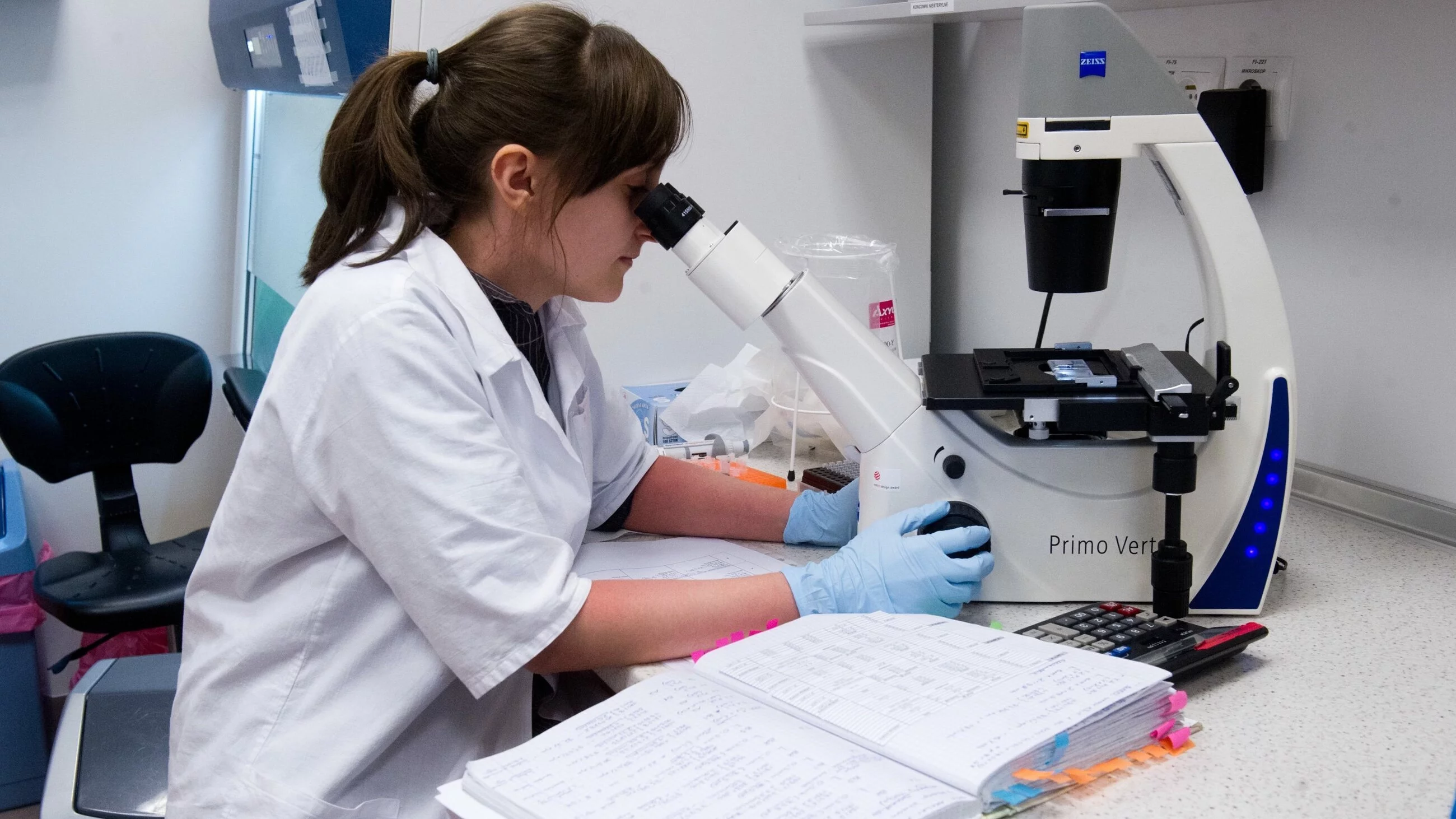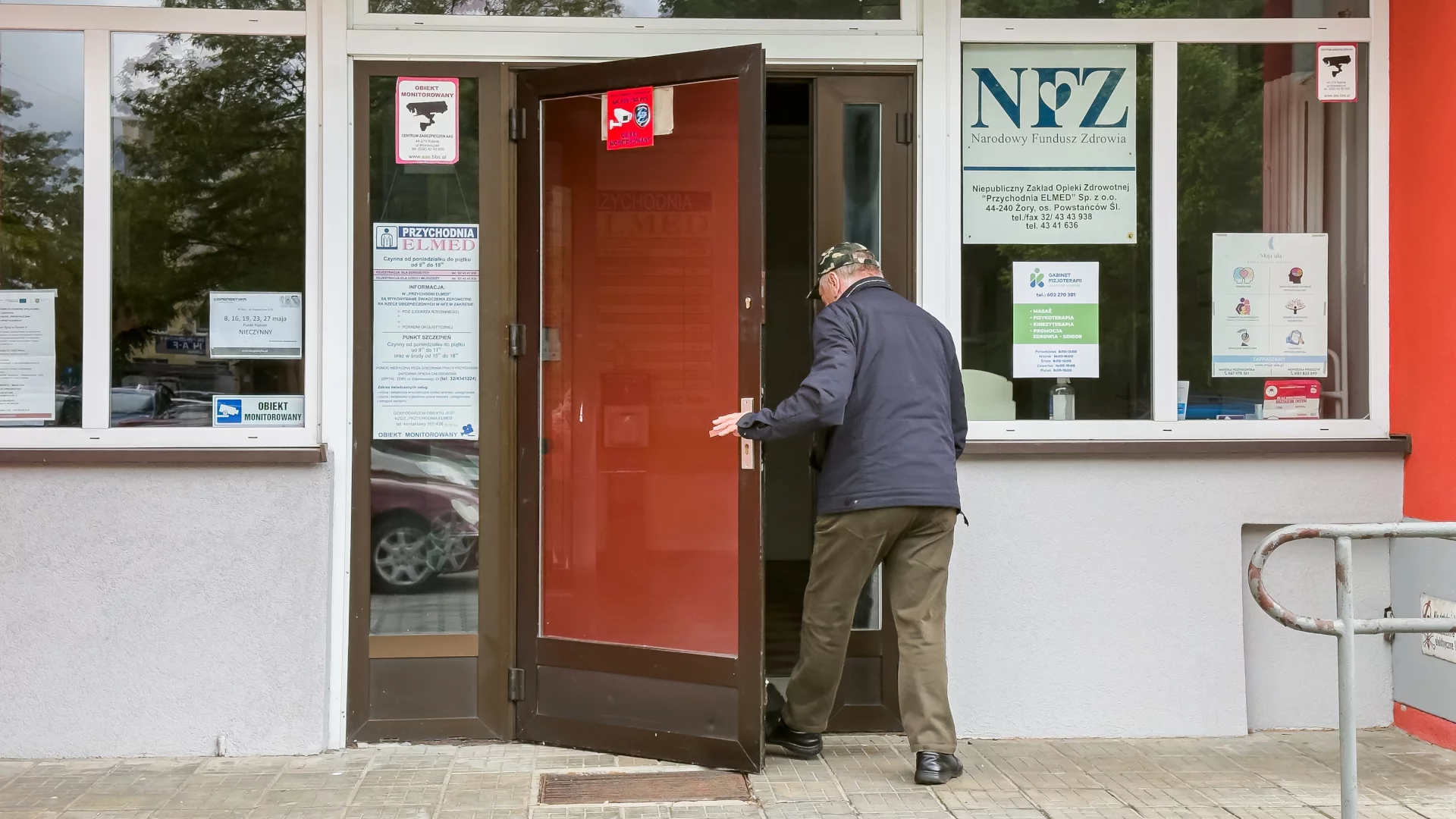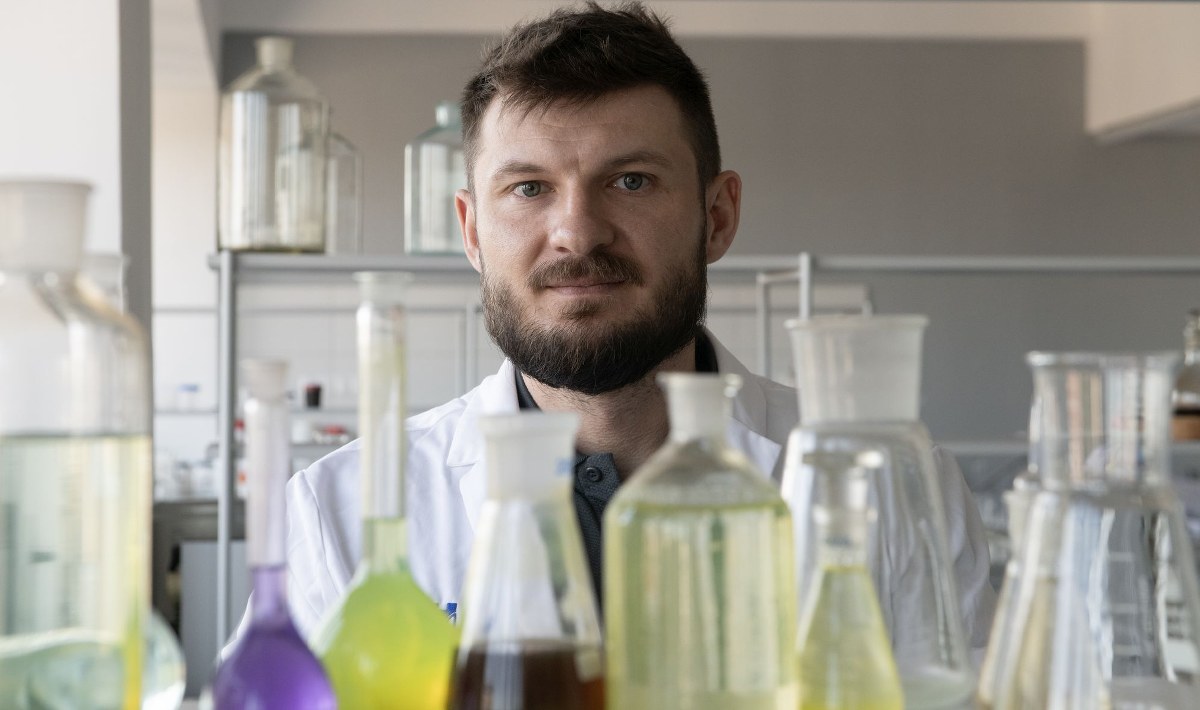NHS England has expanded out-of-hours diagnostic services across 100 community diagnostic centres. The facilities now operate 12 hours a day, seven days a week, representing an increase of 37 centres offering extended services.
Patients can now access crucial health checks including MRI scans, endoscopies and blood tests during evenings and weekends. The expansion aims to provide healthcare that accommodates working people's schedules rather than forcing them to take time off during standard hours.
Government promises patient-first approach
Health Secretary Wes Streeting said: "This government is determined to offer healthcare that fits around working people's lives and not the other way around. From early morning MRI scans to late evening blood tests, we're meeting patients where they need it most by extending the operating hours for community diagnostic centres and putting patients first."
The Labour government positions the expansion as part of broader NHS reforms designed to reduce hospital visits and speed up treatment times. Community diagnostic centres provide an alternative to hospital-based services for many routine tests and procedures.
Health experts welcome expanded access
Sarah Sleet, chief executive at Asthma + Lung UK, welcomed the expansion of opening hours. "Making it easier for people to access tests close to home is crucial to improve diagnosis rates for lung conditions," she said.
"Receiving an early and accurate diagnosis is essential for treating and managing someone's lung condition, it can lead to a reduction in hospital admissions and even lengthen their life. We hope this focus on neighbourhood diagnostics will lead to quicker diagnosis of lung conditions, the UK's third biggest killer, at a time when a historic lack of access to tests is leaving tens of thousands of people breathless and anxious."
Calls for diagnostic improvements
Laura Challinor, senior policy manager at Blood Cancer UK, said: "For CDCs to be of most benefit to people with blood cancer, we also want to see a commitment to end regional variation in diagnostic testing practice, including full blood count (FBC) tests available for those presenting with non-specific symptoms, and timed diagnostic pathways developed for blood cancers."
Charlotte Beardmore, executive director of professional policy at the Society of Radiographers, stressed workforce requirements. "This means investment in new NHS posts for radiographers to ensure all CDCs offer the capability, flexibility and the range of services for patients in their local community. Without radiographers CDCs cannot function."
Sources used: "Birminghammail", "GB News" Note: This article has been edited with the help of Artificial Intelligence.









![[PILNE] Wydarzył się cud świętego Januarego. Krew męczennika zmieniła stan skupienia](https://static.deon.pl/storage/image/core_files/2025/12/16/37ba338070c2ec35beda1890184c1a7f/webp/deon/feed/pilne-cud-sw-januarego-jednak-sie-wydarzyl-o-1739-krew-zmienila-stan-skupienia.webp)


.webp)

.webp)


